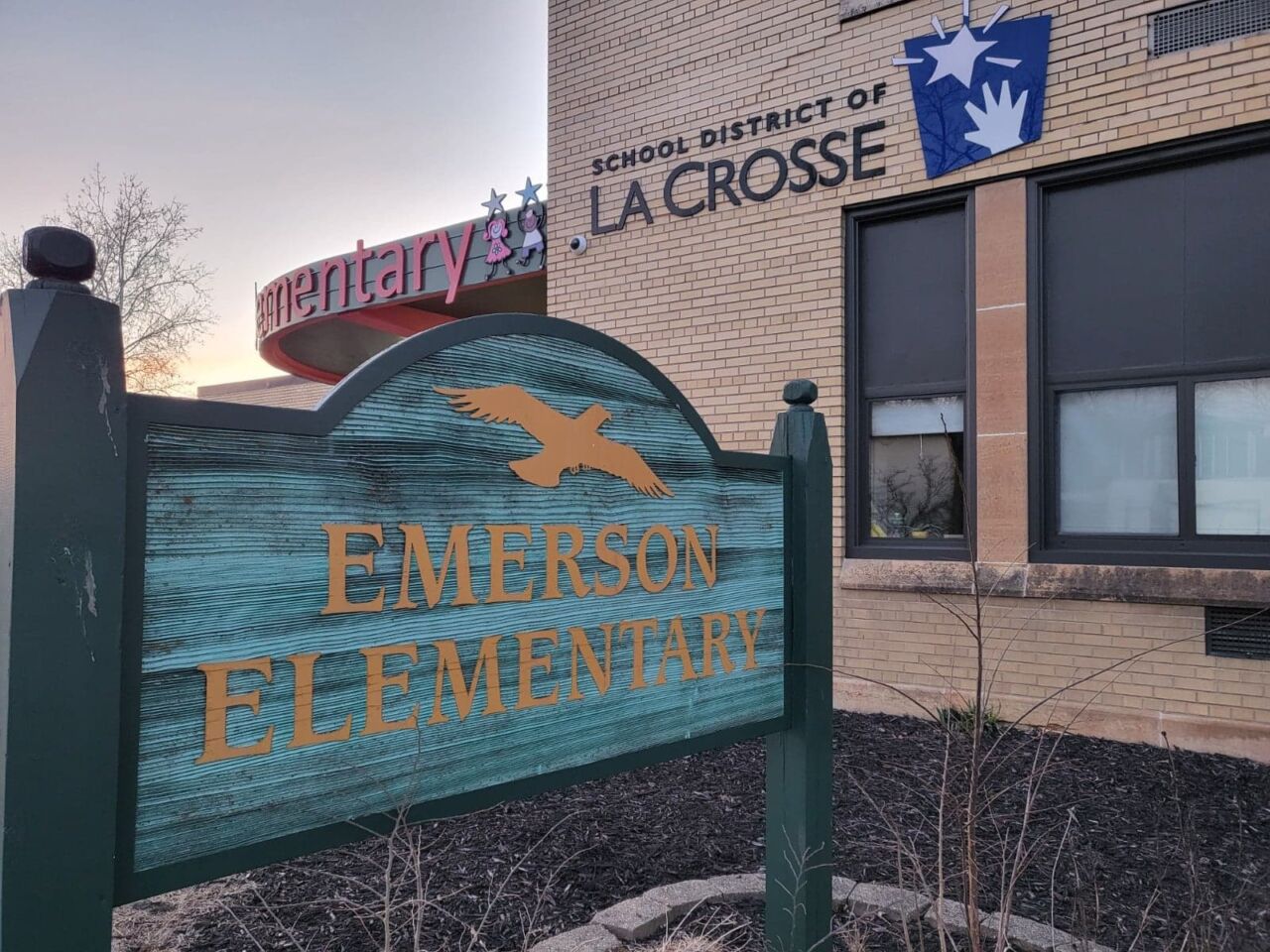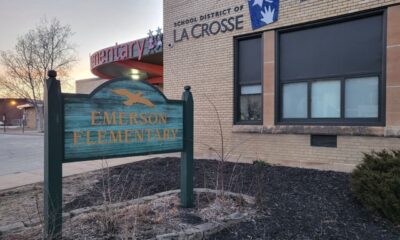Education
Buildings committee meets for eighth and last time, finalizing report in La Crosse school consolidation — likely two elementary schools

About a week from now, the School District of La Crosse and the school board will get a final report from over seven months of work by the Facility Advisory Committee (FAC) on building consolidation.
The last of eight FAC sessions happens from 6:30-8 p.m. Thursday at the Hogan Administration Center, where it will be making final edits to this report.
After that report is complete, there will be two public comment sessions on Nov. 27 (virtually) and Nov. 29 (at Hogan), before the district moves forward with what could likely be the closing of two of La Crosse’s 11 elementary schools.
“They haven’t made final recommendations yet,” La Crosse Schools superintendent, Dr. Aaron Engel, said last week on La Crosse Talk PM (at 30-minute mark, below). “But what I’ve seen from the committee is they’ve generally come to a conclusion that a two school closure would likely be best for both financial and instructional reasons and that a north and south pairing would make sense to distribute our kids across the city.”
La Crosse Talk PM airs weekdays at 5:06 p.m. Listen on the WIZM app, online here, or on 92.3 FM / 1410 AM / 106.7 FM (north of Onalaska). Find all the podcasts here or subscribe to La Crosse Talk PM wherever you get your podcasts.
The reasoning behind the district’s consolidation plans — that have been in discussion for about three years, if not decades — hovers around declining enrollment, deficit budgets and aging buildings.
In last eight years, the district has lost 719 students in elementary schools alone, Engel said. He added that this year, the district is down 174 students, which amounts to about $1.3 million lost — the state allocates about $11,000 per student. La Crosse is also graduating 460 students, but bringing in around 380. And, 500 students have moved out of the district, while 300 have moved in.
When a referendum failed to build a new high school and move the middle schools into the two old high school buildings, the district had to change course. Lincoln Middle School was then the first school to close — a decision by the school board last January. The school shut down at the end of summer.
But with those two plans, the public has generally called for more transparency from the school district. It seems as though the surveys going out to residents on the high school plan, which came back near 50-50, wasn’t transparent enough or enough information — about 20% of school district residents answered the survey.
With the next steps in consolidation, the district moved to this Facilities Advisory Committee, which has had an average of about 21 members at each meeting, but public attendance has been minimal.
The first five monthly meetings had 2-3 people from the public attend. The last two have had 40-50 in attendance.
With the FAC coming to a conclusion, the list of schools to potentially close would be North Woods, Spence, Emerson and Hintgen.
And, with a north-south plan, the committee, at its last meeting, voted 14 to 5 to close Northwoods over Emerson. And, on the south side, it was 10-9 to close Hintgen over Spence.
Engel discussed some of the reasoning behind closing each one.
For North Woods, it’s location.
“ It’s out in the country,” Engel said. “It’s on the edge of the city. So it’s not where kids live. There’s only about 60 students that live within two miles of that building. And so there’s a lot of busing that goes out there and families aren’t able to be quite as connected to that as a result because they can’t walk to school.”
Two other elementaries are located great, but it comes down to age.
“Emerson and Spence have come up because they’ve got a lot of maintenance issues,” Engel said. “They’re our two oldest buildings. Emerson’s, I think, over 90 years old. They’ve got $3, $3.5 million in maintenance that we can anticipate over the next 20 years.”
Lastly, Hintgen is in a unique position, or its attendees are uniquely positioned.
“Hinten has a unique attendance area,” Engel explained. “It’s kind of shaped like a hockey stick or a boomerang. And so kids, oftentimes, live nearer another elementary school than the one they’re actually attending. So for some FAC members, they think it maybe would lead to less disruption.”
Engel noted that these decisions are not easy.
“ People love their school and they don’t want it to close,” he said. “And in one sense, that’s exactly what we want to hear. We want our schools to be loved by families and to be loved by their students. So that’s a good thing to hear. We’re also hearing that the challenges that we face are real and people generally understand why we might have to close two schools. They just don’t want it to be theirs. And we totally understand that.
“ The committee has consistently identified those four schools as potentials for closure. They’ve got seven parameters that they’ve been using to kind of evaluate which of those might be best to close and why. And so they’ve been really grappling with that. It’s a really challenging emotional decision for a lot of folks. And so they take that work seriously. They’ve been incredibly thoughtful, from my perspective. in coming up with those schools.”
Engel said he will rejoin La Crosse Talk PM to discuss the FAC final recommendations before the Nov. 27, 29 public comment sessions.
Between then and now, he said the public can continue to reach out.







